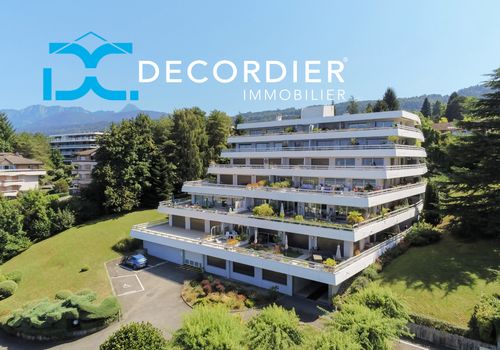
Co-ownership in Mauritius: All you need to know about collective residences
When it comes to residential property in Mauritius, it is essential to clearly differentiate between individual properties and co-ownership to avoid any misunderstandings or potential conflicts between neighbors due to cohabitation.
Key distinctions between the two types of housing:
As a general rule, an individual property has its own land, with the owner having full control over the property and the associated land. They are responsible for the maintenance and repairs of the entire property, including the house and the land.
Owners of a co-ownership property own individual units within a building or complex and often share common areas such as corridors, elevators, external access, communal swimming pools, etc. In a co-ownership, owners collectively make decisions regarding the management and maintenance of common areas, often through a co-ownership assembly. Generally, owners are responsible for paying co-ownership fees to cover the costs of maintaining and managing the common areas.
To simplify, an individual property allows the owner to have greater autonomy and responsibility, while co-ownership refers to a property shared with other owners and collective responsibilities for the maintenance and management of the co-ownership.
The Mauritian Civil Code governs the co-ownership regulations in Mauritius, in accordance with Article 664.
Here is some information:
- Public and private spaces: the regulations distinguish between the common and private aspects of the co-ownership, establishing what is the individual responsibility of the co-owners and what is managed collectively.
- Management of common areas: it establishes the rules relating to the use of common areas such as parking, swimming pools, gardens, etc. This includes usage time slots, rules of conduct, etc.
- Co-ownership fees: the regulations establish the fees that co-owners must pay to cover the costs of managing, maintaining, and repairing the co-ownership. It also provides details on the payment terms for these expenses.
- General meetings: it defines the rules relating to the meeting and holding of general meetings of co-owners, including voting procedures and decision-making processes.
Each co-owner must have an understanding of the co-ownership regulations of their building, as it establishes the rights and responsibilities of each member of the co-ownership. If you have any doubts about the co-ownership regulations, it is advisable to consult a lawyer specializing in real estate law in Mauritius.
The Co-ownership Syndic
How does a co-ownership syndic work?
The administrative and financial management of a co-ownership is ensured by the syndic, whether it is a company or an individual. A member of the syndicate of co-owners, they represent all owners holding one or more units in the building.
The professional co-ownership syndic
An experienced co-ownership syndic is a legal or physical entity that specializes in the administrative and financial management of co-ownership. Unlike the non-professional syndic, they carry out this activity as a commercial service, for remuneration. They manage accounts, manage funds, organize co-owner meetings, coordinate maintenance and repair work, and are the legal representative of the syndicate of co-owners. There are strict rules of competence, transparency, and responsibility towards co-owners for professional syndics.
The non-professional co-ownership syndic
A person elected by the general assembly of co-owners is a non-professional co-ownership syndic in charge of the administrative and financial management of the co-ownership. Unlike the professional syndic, they do not perform this role as a remunerated commercial activity but as a service rendered to the community of co-owners. They are in charge of accounting, coordinating maintenance and repair work, and representing the syndicate of co-owners legally.
Here is some essential information to know about the co-ownership syndic in Mauritius:
- Role of the syndic: The role of the syndic in a co-ownership involves administration and management on behalf of the co-owners. Their responsibilities include managing finances, maintaining common areas, convening and holding general meetings, as well as various administrative tasks.
- Choosing the syndic: Co-owners have the opportunity to appoint the syndic at the annual general meeting. They have the option of hiring a professional syndic or selecting one of their own for this position.
- Syndic's aptitude: In most cases, the syndic must have the skills and experience required to ensure the effective management of the co-ownership. For a professional syndic, it is common for it to be a company specializing in property management that has expertise in managing co-ownership.
- Correspondence with co-owners: The syndic acts as a mediator between the co-owners and the group of co-ownership. They are responsible for communicating the decisions taken at general meetings and responding to colleagues' questions and concerns.
- Syndic contract: Generally, the syndic is bound by a contract that sets out the terms of their mission, including their tasks, fees, and the duration of their mandate. This contract can be regularly renewed.
- Duties of the syndic: They include the financial management of the co-ownership, the collection of co-ownership fees, the management of funds, the payment of current expenses, the supervision of maintenance work, correspondence with co-owners, etc.
In short, the co-ownership syndic plays a central role in the management and administration of co-owned buildings in Mauritius. Their importance is paramount to ensure the smooth running and sustainability of the co-ownership.
The DECORDIER real estate agency in Grand Bay is here to help you with all your real estate projects. If you need more information:
Phone : +230 268 2828
E-mail : contact@decordier-immobilier.mu
Website : www.decordier-immobilier.mu
